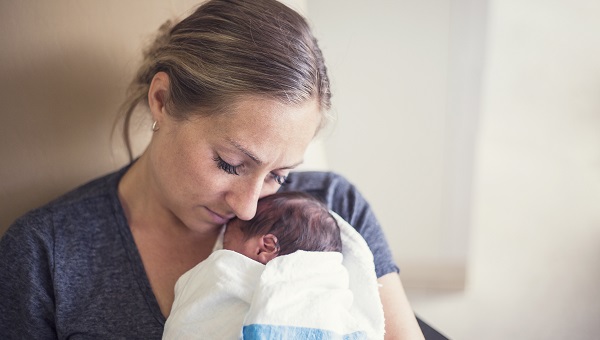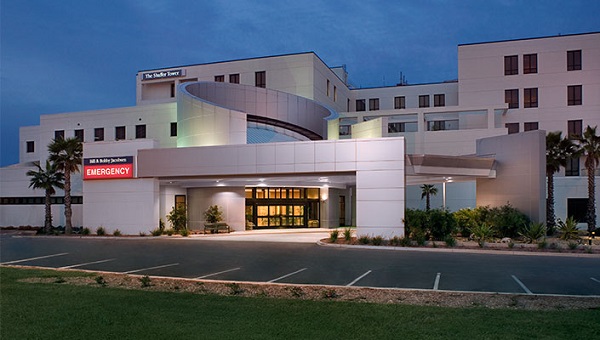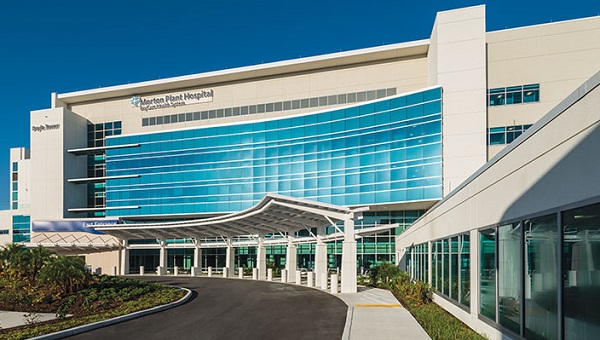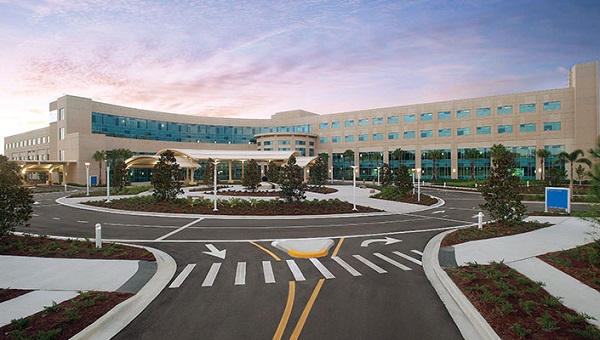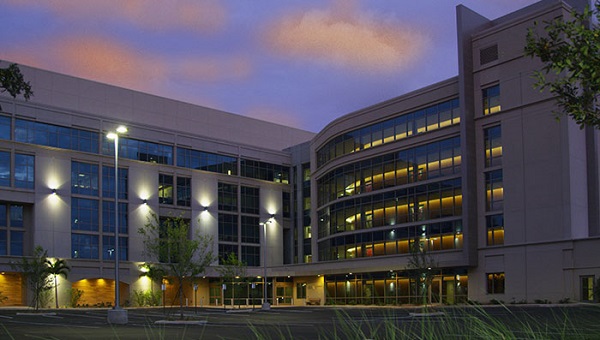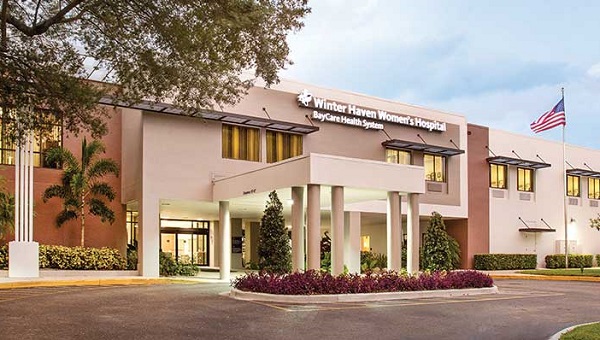Neonatal Intensive Care Unit (NICU)
You never like to think about complications arising after your baby’s birth, but if they do, we have everything necessary to care for you and your baby. At BayCare, we offer a continuum of care for children from before birth to after delivery, including highly specialized care in our neonatal intensive care units (NICU).
In our state-of-the-art NICUs, sick and premature newborns receive special, around-the-clock care until they’re healthy enough to go home. BayCare has level II, level III and level IV intensive care units. Each unit is staffed by specially trained physicians and nurses 24 hours a day. In addition, our units are equipped with the latest technologies and treatments available for babies who require specialized care upon birth or shortly after.
It’s important to communicate your baby's progress so we contact parents daily while your baby is in our care. Regular communication can put parent's minds at ease knowing their little one is being cared for when they can't physically be together. In addition, we offer scheduled webcam time for you to see your infant, feel connected and share the joy of your newborn with your friends and family. This program is made possible through an encrypted application using our NICU iPads.
Babies born at our other BayCare facilities who require this advanced level of care can be transferred to the St. Joseph’s Children’s Hospital NICU in our specialized neonatal and pediatric transport ambulance, staffed by a registered nurse, registered respiratory therapist and paramedic.
Some reasons a baby may get admitted to the NICU:
- Premature birth is the most common reason a baby is admitted to the NICU. When born before 37 weeks of gestation, babies can experience low birth weight and irregular temperature.
- Breathing disorders, such as respiratory distress syndrome (RDS), are caused when a baby's lungs don't have a chance to develop fully.
- Low blood sugar is often found in babies when an expectant mother is diagnosed with gestational diabetes.
- Birthing complications can result in decreased blood flow and oxygen. Our neonatologists are trained to treat your baby if the need arises.
NICU Levels – What Do They Mean?
Level IV NICU
These NICUs provide the highest level of neonatal care as designated by the American Academy of Pediatrics. Our level IV NICU is part of St. Joseph's Children's Hospital, but it's located at its partner hospital across the street, St. Joseph's Women's Hospital. We offer treatment, including specialized surgery, for babies born with the most complex medical conditions present at birth or that have developed soon after delivery. In addition, pediatric medical and surgical subspecialists are available on-site 24 hours a day, seven days a week.
A level IV NICU can provide specialized care for different medical challenges, including:
- Preterm birth as early as babies born at 23 weeks gestation and weighing less than 1 pound
- Babies born with an infection
- Babies who are stressed during birth and need more attention than can be given in the newborn nursery
- Babies born with a congenital anomaly such as spina bifida, bowel conditions and heart defects
- Babies who require a higher level of care than can be given in traditional mother/baby units
- Babies who need "cooling" due to a diagnosis of hypoxic ischemic encephalopathy
A level IV NICU has all the features of a level III NICU plus specialized respiratory care specifically designed to treat premature babies who develop breathing problems after delivery, often due to immature lung development.
Level III NICU
A level III NCU includes all of the features of a level II NICU, plus a level III NICU can provide care for babies:
- Born at 28 weeks or less and weigh at least 2 pounds
- Needing advanced respiratory support
A level III NICU has:
- On-site pediatric medical subspecialists
- Advanced imaging technology with immediate emergency interpretation
- Pediatric surgeons and anesthesiologists on-site or located at a nearby facility
- Specialized neonatal transportation services that can immediately transport babies to St. Joseph's Women's Hospital NICU for intensive support
Level II NICU
A level II NICU can provide care for babies:
- Born 28 weeks or later and weigh more than 2 pounds
- Who can’t maintain body temperature
- Having difficulty with oral feedings
- Who are moderately ill with issues that’re expected to be quickly resolved and aren’t anticipated to need emergency subspecialty services
A level II NICU has specialized neonatal transportation services that can immediately transport babies to St. Joseph's Women's Hospital NICU for intensive support.
-
Advanced Patient Care Leader
Helps families transition through their NICU journey/stay
-
Clinical Pharmacist
A pharmacist who has special training in medication therapies used in sick and premature newborns
-
Clinical Social Worker
A social worker who helps families cope with the emotional and practical issues of hospitalization
-
Cuddlers
Volunteers who are trained to hold, cuddle and feed your baby when you’re not able to visit
-
Discharge Nurse
A nurse who helps plan and prepare your baby's discharge home
-
Geneticist
A doctor who studies birth defects and their causes
-
Lactation Consultant
A health care professional trained in complex breastfeeding techniques and breast care for NICU mothers
-
Neonatal Nurse
A nurse who has special training in the care of sick and premature newborns
-
Neonatologist
A pediatrician who has special training in the care of sick and premature newborns
-
Pediatric Cardiologist
A doctor who cares for infants and children with heart problems
-
Pediatric Gastroenterologist
A physician who cares for infants and children with stomach and bowel problems
-
Pediatric Hematologist
A physician who studies and treats blood problems
-
Pediatric Neurologist
A physician who treats brain and nerve defects in infants and children
-
Pediatric Ophthalmologist
A doctor who treats eye complications in newborns
-
Pediatric Surgeon
A surgeon who operates on infants and children
-
Pediatrician
A doctor who treats infants and children
-
Respiratory Therapist
A therapist who has special training in the care of respiratory-compromised premature newborns


